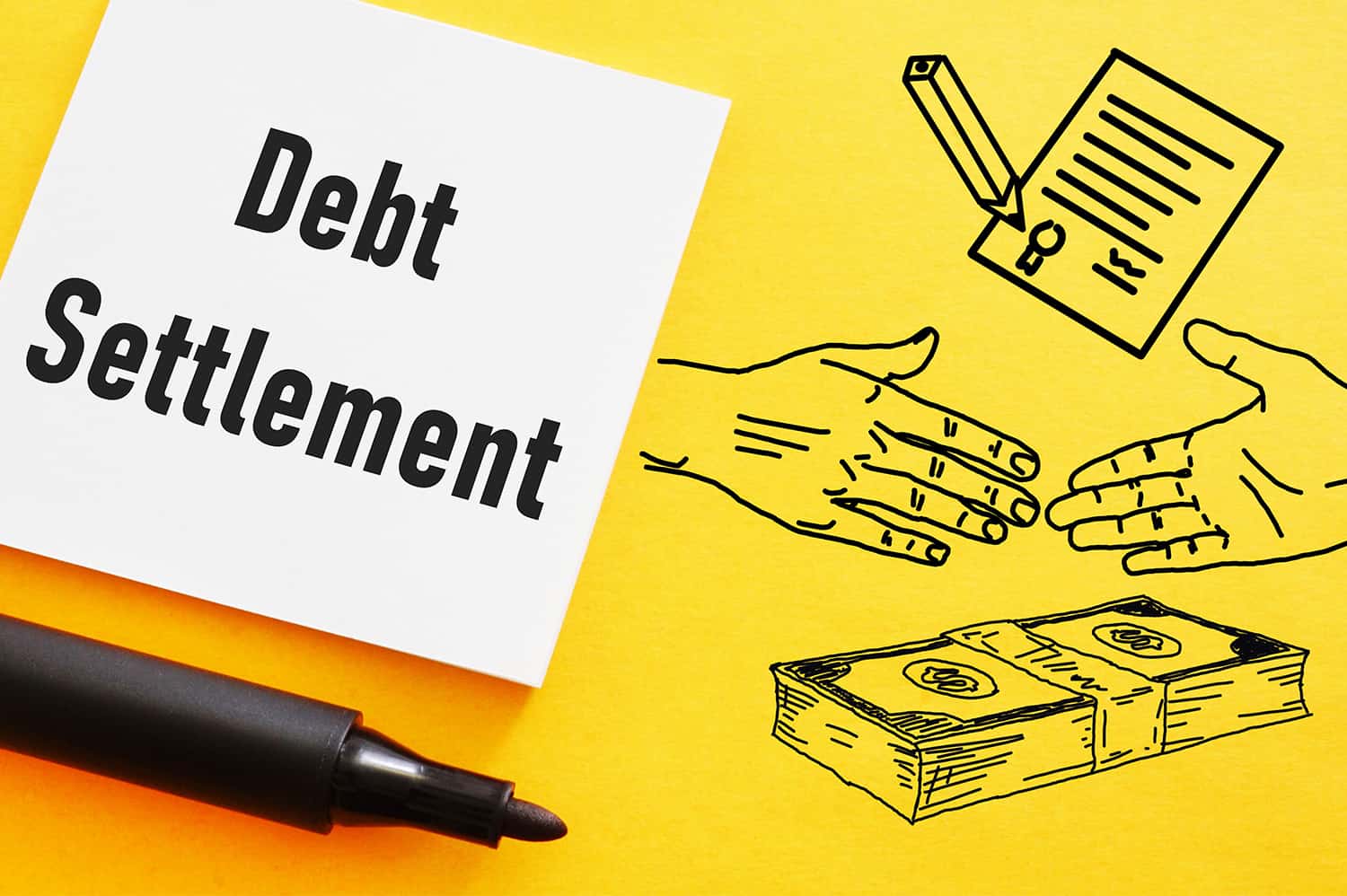What is Debt Settlement?
Debt settlement is when a debtor negotiates with their creditors to pay a reduced amount of the total debt owed, typically in exchange for a lump-sum payment. This is often a beneficial way for individuals to address significant debt without resorting to bankruptcy. However, not everyone qualifies for this approach. Consider the key elements you should know about preparing for a debt settlement and how it could impact your credit score.
Understanding Debt Settlement Qualification
There are four components of qualifying for debt settlement applied to every case. While every case has unique circumstances and may require the help of an attorney, the first step in getting the financial help you need is to understand these elements of the process.
1. Financial Hardship
Financial hardship is a significant criterion when assessing qualification for debt settlement. It arises when an individual faces unexpected challenges that hinder their ability to fulfill debt obligations. Such challenges may include:
- Sudden job loss
- Severe medical conditions leading to excessive bills
- Unexpected life events, such as natural disasters impacting your primary residence
These unforeseen circumstances lead to a reduction in income or an increase in expenses, making it difficult for the debtor to manage financial commitments.
Creditors, when presented with evidence of genuine financial hardship, may be more inclined to negotiate and agree to a settlement. They recognize that recovering a portion of the owed amount is more favorable than potentially receiving nothing if the debtor becomes entirely insolvent. Therefore, demonstrating genuine financial hardship is critical.
2. Delinquency Status
Delinquency status refers to when a debtor misses the due date for their debt payment. As time progresses and a debt remains unpaid, it moves further into delinquency, increasing the risk for the creditor of not recovering the owed amount. Recognizing this growing risk, creditors often become more receptive to negotiating settlements for accounts that are significantly overdue. They perceive a settled amount, even if reduced, as better than a potential complete loss. However, the act of allowing debt to become delinquent has consequences.
3. Type and Amount of Debt
The type and amount of debt an individual carries determine their eligibility for debt settlement. First, when examining the type of debt, creditors tend to settle unsecured debts more than secured debts. Unsecured debts, like credit card balances and personal loads, have no assets backing them. Without collateral, creditors face a higher risk of losing money, so they often choose to negotiate a settlement rather than risk getting nothing. On the other hand, secured debts, such as mortgages or auto loans, are tied to tangible assets like homes and cards. If borrowers default on these, creditors can seize the assets, making them less likely to pursue settlements.
The debt’s size also influences a creditor’s willingness to settle. Creditors typically set a minimum debt threshold before they will entertain settlement discussions. They often view small debts as not worth negotiating, preferring to recover the money through regular collection methods. However, with more significant outstanding amounts, the stakes rise for creditors. They recognize the increased risks of not recouping their funds and might become more receptive to settlement talks.
4. Creditor’s Willingness
The willingness of a creditor to engage in debt settlement negotiations can significantly influence the outcome for the debtor. Multiple factors can impact this inclination:
- Financial condition. Creditors facing liquidity challenges or economic pressures may lean toward accepting a reduced amount. They prioritize securing some return over the risk.
- Historical relationship with the debtor. Creditors often consider the debtor’s past behavior. A debtor with a long-standing, positive repayment history might find creditors more receptive to negotiations.
- Portfolio of delinquent accounts. The overall health of a creditor’s portfolio matters. If they have many defaulting accounts, they might be more open to settlement.
- Institutional policies. Some financial institutions have policies against settling, viewing it as a potential encouragement for non-payment.
Understanding these factors can guide a debtor’s approach, making negotiations more strategic and potentially more successful.
Evaluating the Impact on Your Credit Score
Debt settlement can adversely affect your credit score. When settled, an account often appears on your credit report as “settled for less than the full amounts” rather than “paid in full.” This distinction indicates to future lenders that you did not meet your original debt obligations in their entirety. However, settling also allows you to get your finances in order and start the process of rebuilding your credit history.
Engaging Professional Assistance for a Debt Settlement
If you have questions about your ability to receive a debt settlement in California, the Law Offices of Brent D. George can help you apply the circumstances of your situation to the qualification requirements. We’ll take the time to explore the details of your case and ensure you receive the best legal advice available. Contact us today to learn more about debt settlements and speak to an attorney specializing in debt relief.
Disclaimer: This article is intended for informational purposes only and does not constitute legal advice. For personalized assistance, please contact our office at (805)494-8400.






